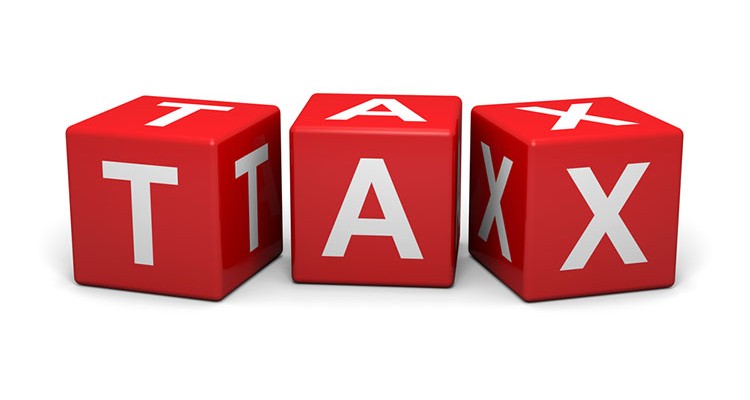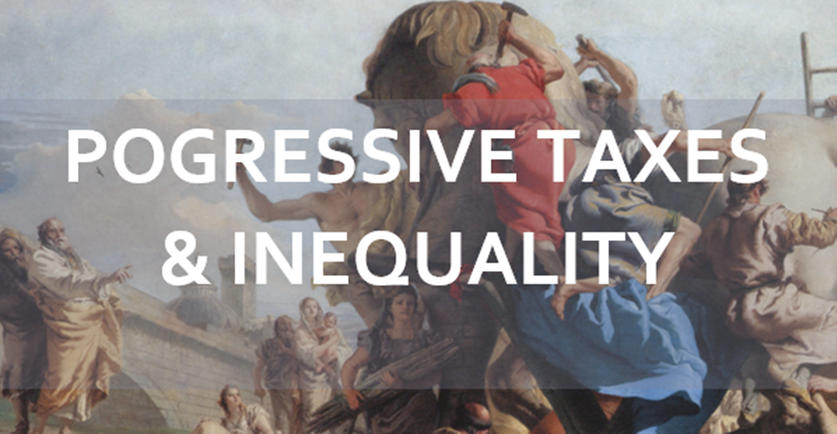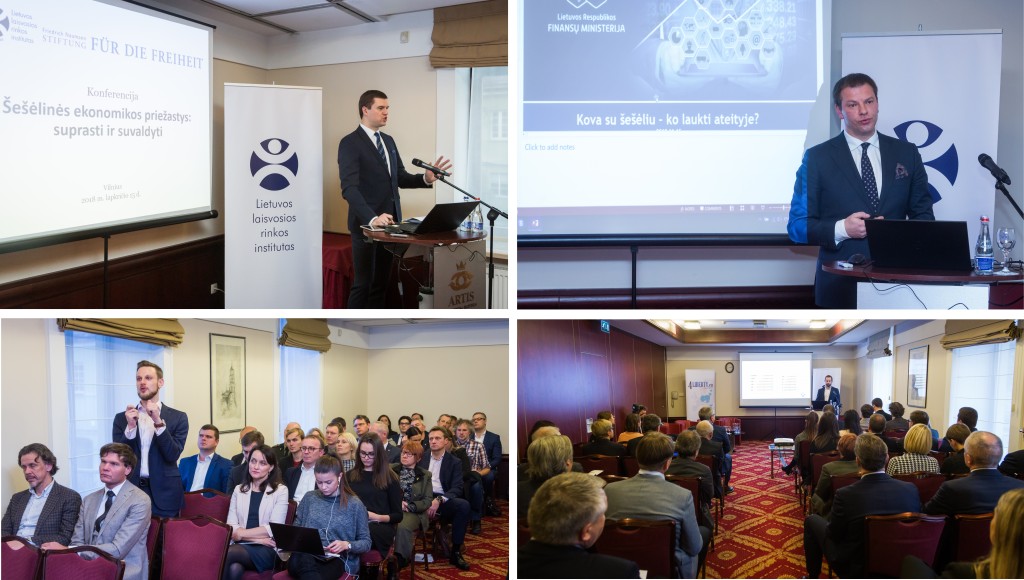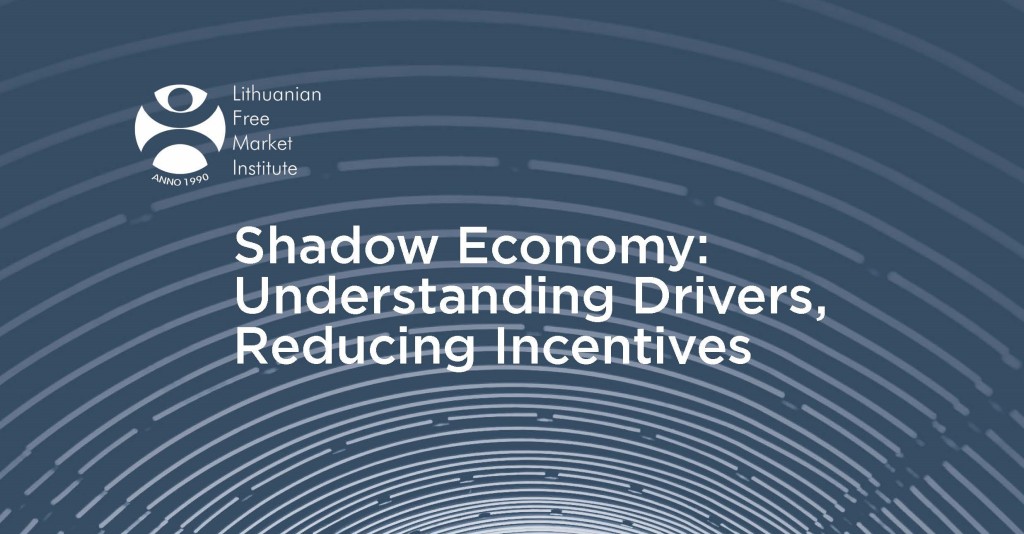
LFMI Ranks among Top Two Percent of Best Think Tanks in the World
BY
LFMI / February 5, 2019
Ranked 14th in Central and Eastern Europe, the Lithuanian Free Market Institute (LFMI) firmly maintains the highest position among Lithuanian think tanks in the prestigious Global Go To Think Tank Index by the University of Pennsylvania.












